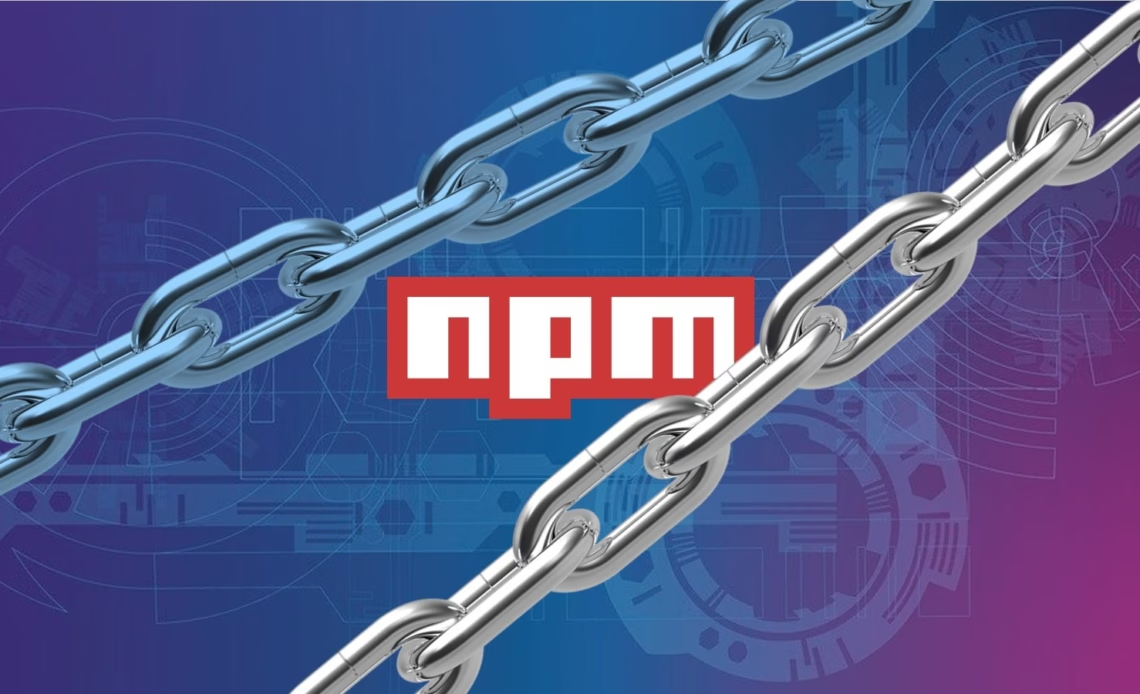A significant supply chain attack hit NPM after 16 popular Gluestack ‘react-native-aria’ packages with over 950,000 weekly downloads were compromised to include malicious code that acts as a remote access trojan (RAT).
BleepingComputer determined that the compromise began on June 6 at 4:33 PM EST, when a new version of the react-native-aria/focus package was published to NPM. Since then, 16 of the 20 Gluestack react-native-aria packages have been compromised on NPM, with the threat actors publishing a new version as recently as two hours ago.

Source: BleepingComputer
The supply chain attack was discovered by cybersecurity firm Aikido Security, who discovered obfuscated code injected into the lib/index.js file for the following packages:
| Package Name | Version | Weekly Downloads |
| react-native-aria/button | 0.2.11 | 51,000 |
| react-native-aria/checkbox | 0.2.11 | 81,000 |
| react-native-aria/combobox | 0.2.10 | 51,000 |
| react-native-aria/disclosure | 0.2.9 | 3 |
| react-native-aria/focus | 0.2.10 | 100,000 |
| react-native-aria/interactions | 0.2.17 | 125,000 |
| react-native-aria/listbox | 0.2.10 | 51,000 |
| react-native-aria/menu | 0.2.16 | 22,000 |
| react-native-aria/overlays | 0.3.16 | 96,000 |
| react-native-aria/radio | 0.2.14 | 78,000 |
| react-native-aria/switch | 0.2.5 | 477 |
| react-native-aria/toggle | 0.2.12 | 81,000 |
| react-native-aria/utils | 0.2.13 | 120,000 |
| gluestack-ui/utils | 0.1.17 | 55,000 |
| react-native-aria/separator | 0.2.7 | 65 |
| react-native-aria/slider | 0.2.13 | 51,000 |
These packages are very popular, with approximately 960,000 weekly downloads, making this a supply chain attack that could have widespread consequences.
The malicious code is heavily obfuscated and is appended to the last line of source code in the file, padded with many spaces, so it’s not easily spotted when using the code viewer on the NPM site.

Source: BleepingComputer
Aikido told BleepingComputer that the malicious code is nearly identical to a remote access trojan in another NPM compromise they discovered last month.
The researcher’s analysis of the previous campaign explains that the remote access trojan will connect to the attackers’ command and control server and receive commands to execute.
These commands include:
- cd – Change current working directory
- ss_dir – Reset…
Click Here to Read the Full Original Article at BleepingComputer…

